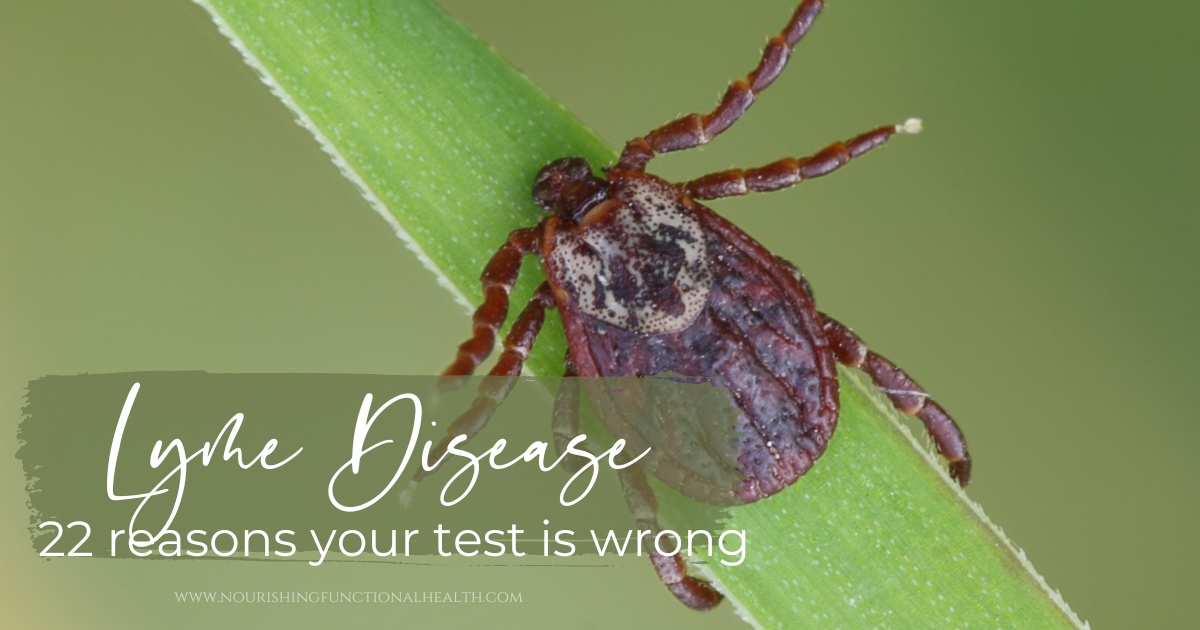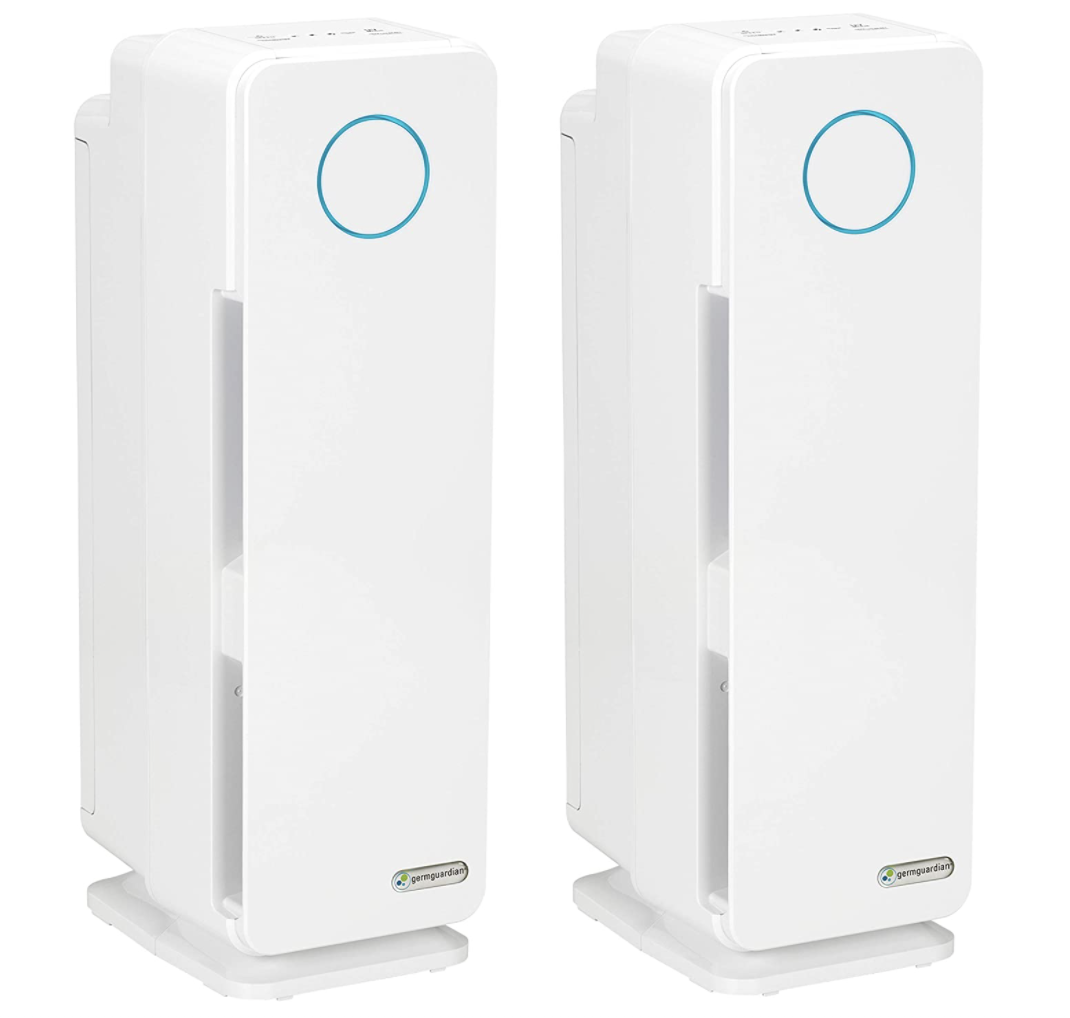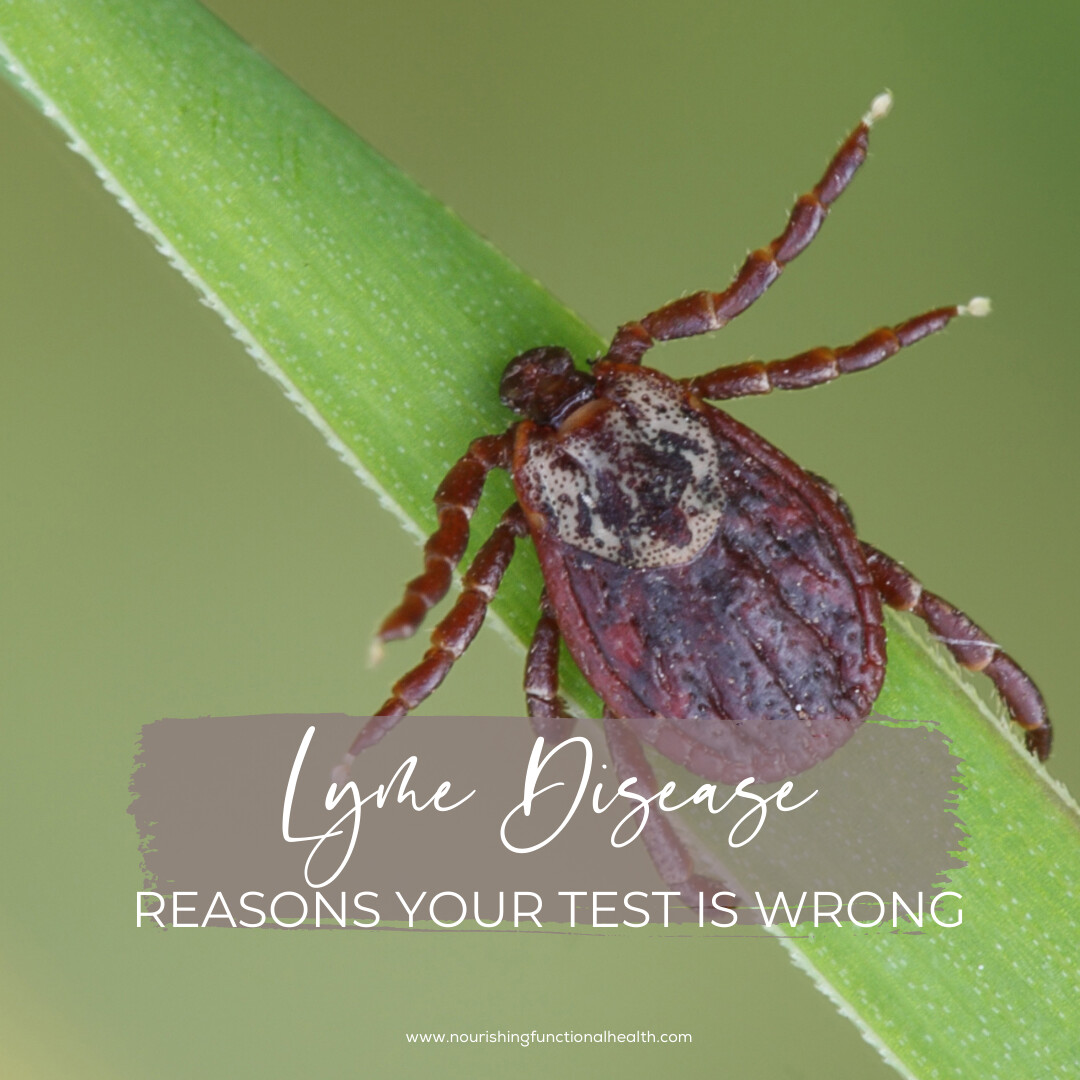
TWO of the most common things I hear the most from clients are:
- I've never been bit by a tick
- And my Lyme Test was negative
Unfortunately, tick diseases are no longer only "tick" diseases. They are actually being transmitted by any biting insect, can be passed between partners, and passed down in utero.
There are 22 reasons for having a negative Lyme diagnosis based on bloodwork.
- You were recently infected and tested before your body produced Lyme antibodies.
- You took antibiotics before testing, which co-opted an antibody response.
- You were already on long-term antibiotics for another illness.
- Not enough “free” Lyme antibodies were detectable in your blood because they were all doing their job binding to the Lyme bacteria.
- Lyme Spirochetes were protected and hiding inside a biofilm colony.
- Spirochetes were burrowed deep inside your body (i.e., cartilage, fibroblasts, neurons, etc.)
- Only small blebs were in your body. No whole bacteria are needed for the PCR (Polymerase Chain Reaction) based tests.
- There are no free Spirochetes in the body fluid on the day of the test.
- Genetic Heterogeneity — There are at least 300 strains of Lyme, 100 in the U.S. You might be infected by a strain of Borrelia that the test doesn’t recognize.
- Antigen Variability —Borrelia can change its outer surface protein to suit its environment so that the test will detect a “non-Lyme specific” antibody.
- Spirochetes are in the dormancy phase (L-form) with no cell walls, so there is nothing for the immune system to attack with antibodies.
- Lyme’s surface antigens can change body temperature.
- You have an immune deficiency.
- You have had recent anti-inflammatory treatment which suppresses the immune system.
- Co-infection with Babesia (protozoa) causes immune suppression.
- Down-regulation of your immune system by your body’s own cytokines.
- Lab error or poor technical capability/training to detect Lyme disease.
- You might have late-stage Lyme. Lab tests are not standardized for detecting late-stage Lyme disease.
- The lab tests might only have been approved for investigational use.
- Lack of adequate reference points for the test. Most tests only use a few genetic strains as reference.
- The revised Western Blot Criteria fails to include important Antibody Bands.
- CDC testing criteria are designed for epidemiological study, not clinical diagnostics.
Since no two Lyme cases are the same, the clearance regimen and strategy must be designed individually for each patient.
I can personally attest to this, as my Lyme disease diagnosis first came about after I addressed my mold illness. Early on, my body was handling my Lyme and co-infections, but unfortunately, the extremely high toxin load caused my immune system to become dysregulated, thus triggering a cascade of events that then allowed Lyme and several co-infections to surface.
Utilizing both bioenergetic testing and applied kinesiology helped me to discover the holes in my health, aka the things preventing me from healing completely. These are the same techniques I utilize with my clients.
So what do you do about this?
Start by setting up your free Health Strategy Call, and then we can develop a plan that is specific to your health needs and lifestyle.
Schedule Here
JOIN THE SPRING CLEANING CHALLENGE
If you are looking for additional support and information, I would love for you to join my support group and learn how to take control and feel better:
It's a journey to Be Well, but in the end, it's all worth it,

Resources:
Why Western Medicine misses the mark on Lyme disease: An interview with Stephen Harrod Buhner. (2016, June 24). The Trek. https://thetrek.co/lyme-disease-misconceptions-interview-stephen-harrod-buhner/

























